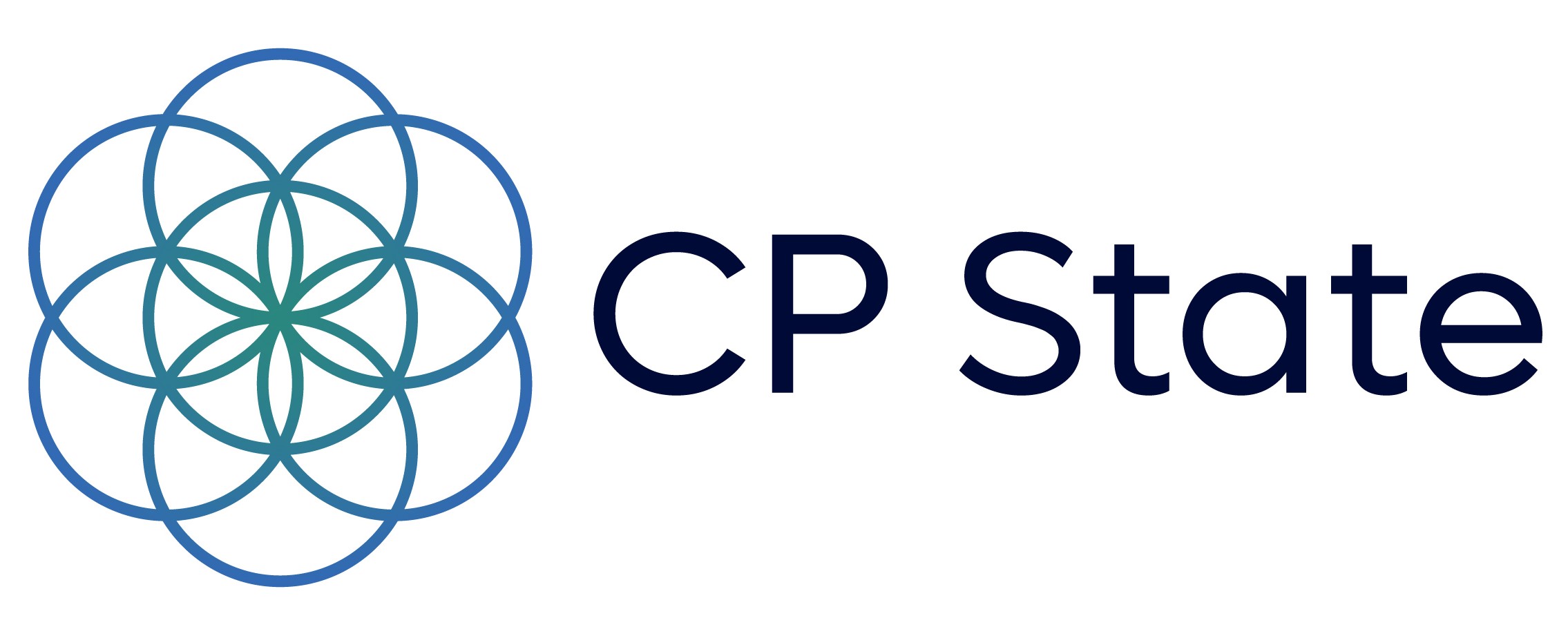21 Jan OPWDD clarifies responsibilities during Life Plan meetings
OPWDD recently sent out an Informational letter clarifying the responsibilities for information sharing during a Life Plan meeting, as well as the need to ensure timely sharing of information and/or documentation as established by the care planning team during the Life Plan meeting.
The memo, reproduced below, is immediately effective.
Also, as we enter 2020, please remember to write out the full year on documentation, rather than just the last two digits. A date with the last two digits could be altered. For example, writing 1/22/20 could allow someone to change the date to 1/22/2017. Keep this in mind for all documentation or any place you include the date.
As always, if you have any questions or concerns, feel free to reach out to Debra A. Williams at DWilliams@cpstate.blackdogsitetesting.com or 518-436-0178, ext. 108.
OPWDD INFORMATIONAL LETTER
Transmittal: 20-INF-01
Background:
A Life Plan meeting is a time to develop a new Life Plan or to review and update the person’s current Life Plan as well as review all relevant and pertinent information about the person to best inform the development of the Life Plan. A person-centered approach must be used in the development and review of a Life Plan. This is the care planning team’s opportunity to listen to the person’s perspective and discover and focus on areas of the person’s life that may need special attention and are meaningful to the person. In order to do so, the person’s care planning team must be organized and prepared to review, share and update necessary information, documents, and reports to best support and advocate for the person.
Program Implications:
It is the responsibility of the Care Manager to support the individual to facilitate his/her meeting to the extent he/she prefers and to also ensure that all relevant and pertinent information is gathered from habilitation providers and reviewed to inform development of the Life Plan at the Life Plan meeting. Such information may include but is not limited to:
- Medical/health status;
- Plan of Nursing Services;
- Behavioral Support Plans;
- Medication updates/changes;
- Habilitation needs;
- Safeguard needs;
- Staff Action Plans.
Habilitation providers are often best positioned to know the clinical, medical and health status of those they support and are responsible for communicating that information to the Care Manager and care planning team at the time of the Life Plan meeting. This will ensure that the most current information regarding the person’s clinical, medical/health, safeguard needs, habilitation needs, etc. are integrated into the Life Plan by the Care Manager.
It is the responsibility of the habilitation provider to share relevant and pertinent information with the Care Manager prior to, during, and/or after the Life Plan meeting to support development of a comprehensive, person-centered Life Plan by the Care Manager. It is to be established by the care planning team the timeframe in which all needed and/or requested information or documents are to be shared/distributed. If there are other members of the care planning team that should also have this information, this should be discussed, and arrangements made at the time of the Life Plan meeting for sharing.
Ensuring that all members of a person’s care planning team have the necessary information to effectively participate in the person-centered planning process and in the development of the individual’s Life Plan to support comprehensive care planning is essential to effectively meeting the needs of persons receiving habilitation services. Establishing cooperative and collaborative relationships and agreements between habilitation providers and Care Managers is critical to achieving this outcome.
This memo is immediately effective and its content will be incorporated into the next revision of the CCO/Health Home Provider Policy Guidance and Manual available at this link: https://opwdd.ny.gov/providers_staff/care_coordination_organizations/providers/cco-manual.
